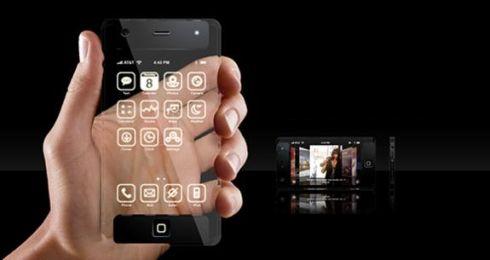
As music has become ubiquitous, music critics, and the magazines they write for, have become collateral damage, bypassed on the digital highway by cheap and instant gratification. It’s not that expert insight has become irrelevant in an era of crowdsourced feedback. It’s just that, at $0.99, an impetuous decision gone wrong is simply no big deal. Besides, you can listen to full songs by just about any artist by searching free streams and MP3 blogs to find out what they sound like.
The subject hit home at a panel I was on Tuesday at the Future of Music Coalition Policy Summit in Washington, D.C. The subject pretty much gave it away: “Critical Condition: The Future of Music Journalism” The participants were veterans from the Chicago Tribune, Daily Swarm, Jazz Journalists Association, Idolator, the Independent, National Public Radio, NewMusicBox, Pitchfork Media, URB magazine, Washington City Paper and the Washington Post.
During the Q and A, an audience member from NPR asked panelists to put aside the question of compensation for the moment and come up with concrete ideas about what music journalism will look like in the future.
My response: Music journalism should live on the same devices where we listen to our music — be that a computer, cellphone, MP3 player, tablet or home entertainment center. In other words, perhaps the same technologists who are making the reviews section in music magazines obsolete are capable of saving music journalism.
Say you like to read Pitchfork’s new music coverage. Imagine a “Pitchfork Player” app for Windows, Mac and cellphones that would present relevant reviews for each artist, album and/or track you’re listening to from your own library, or even from a streaming service such as Pandora. Such applications would have to analyze your entire music library or identify streaming songs on the fly — both of which are possible and have been done by other apps.
“I don’t know what would be involved with it from the technical end of it, but as an idea, that definitely sounds interesting,” said Pitchfork managing editor Mark Richardson, adding that Pitchfork readers have largely embraced the site’s policy of embedding Lala albums next to album reviews, which started in March. “It makes sense, going the other direction, so you can access criticism of records from the music [listening experience].”

No comments:
Post a Comment